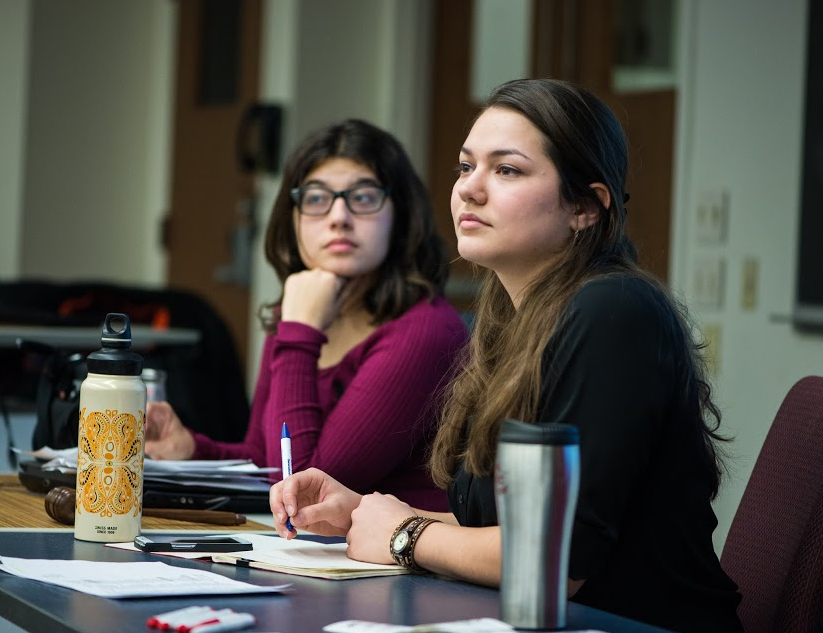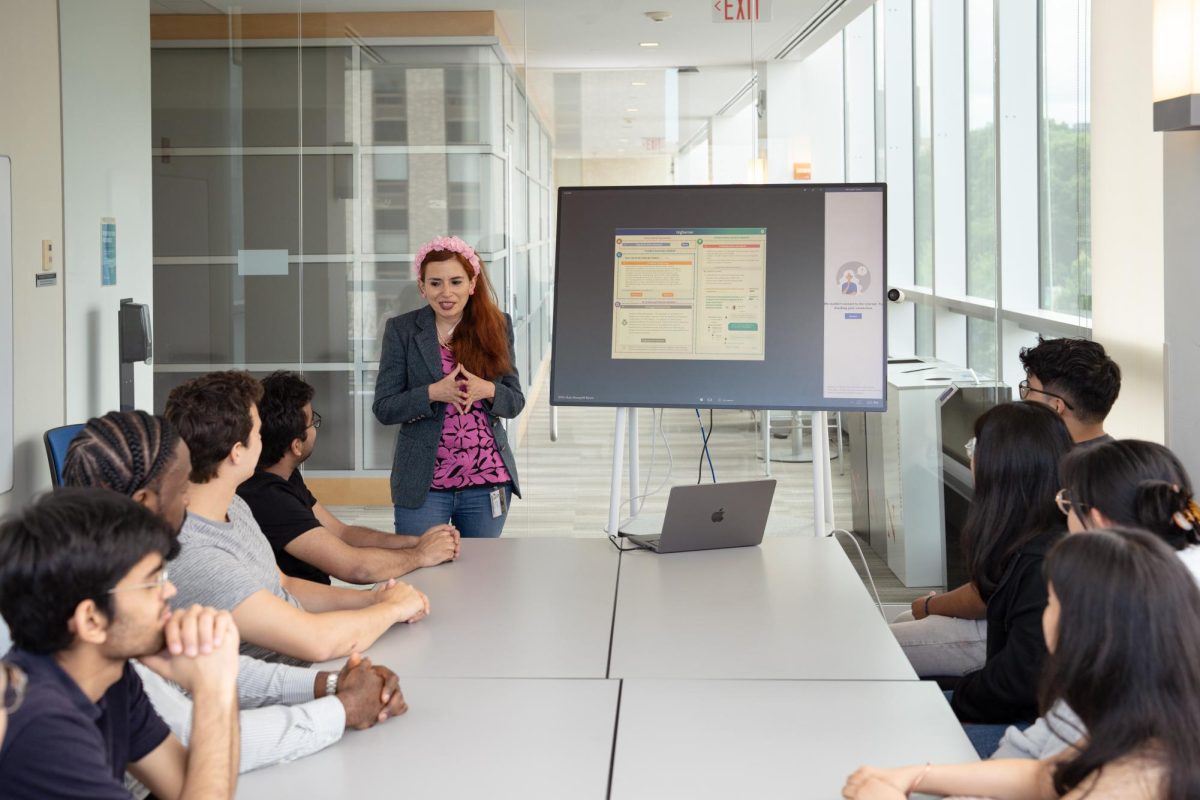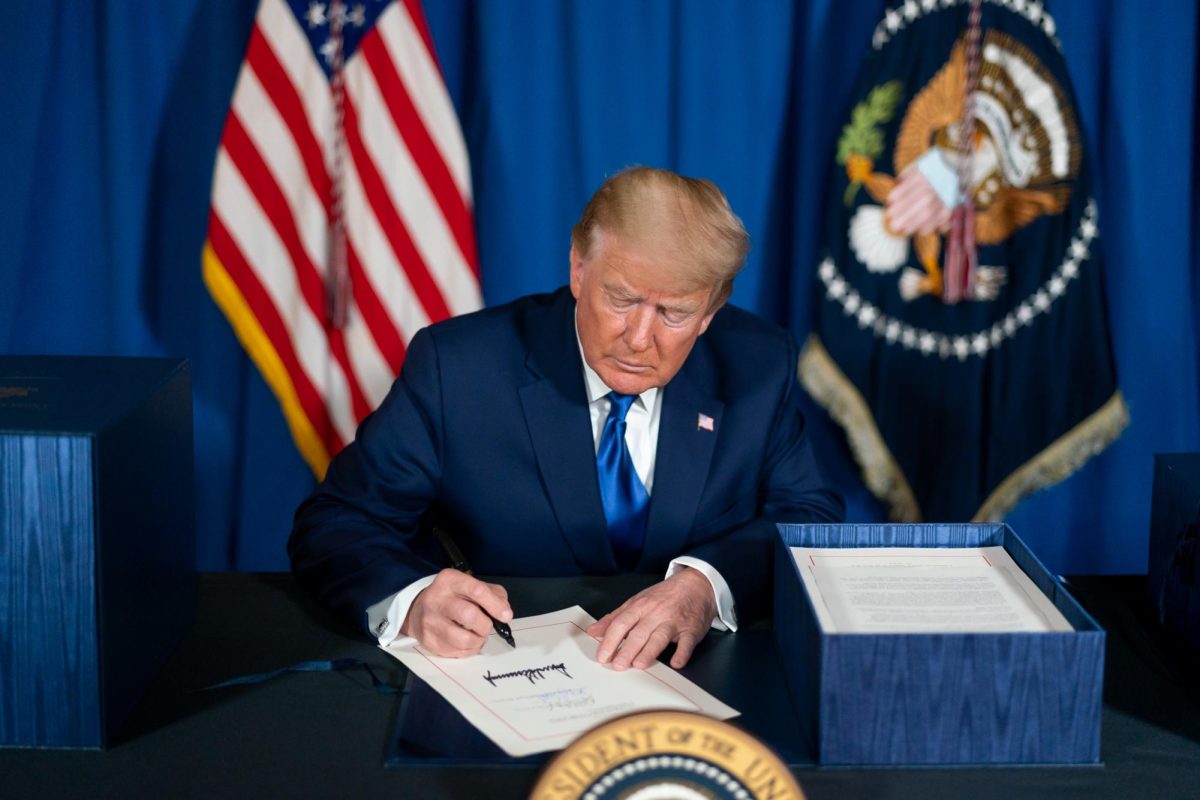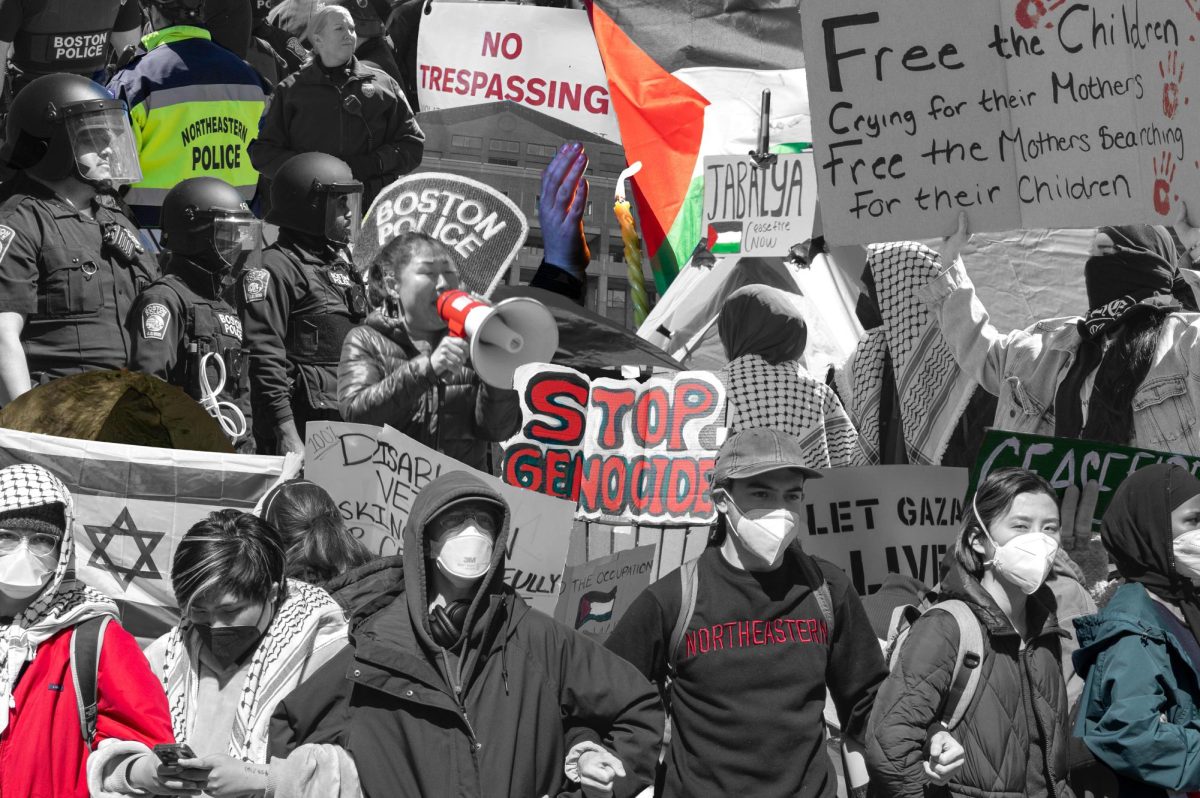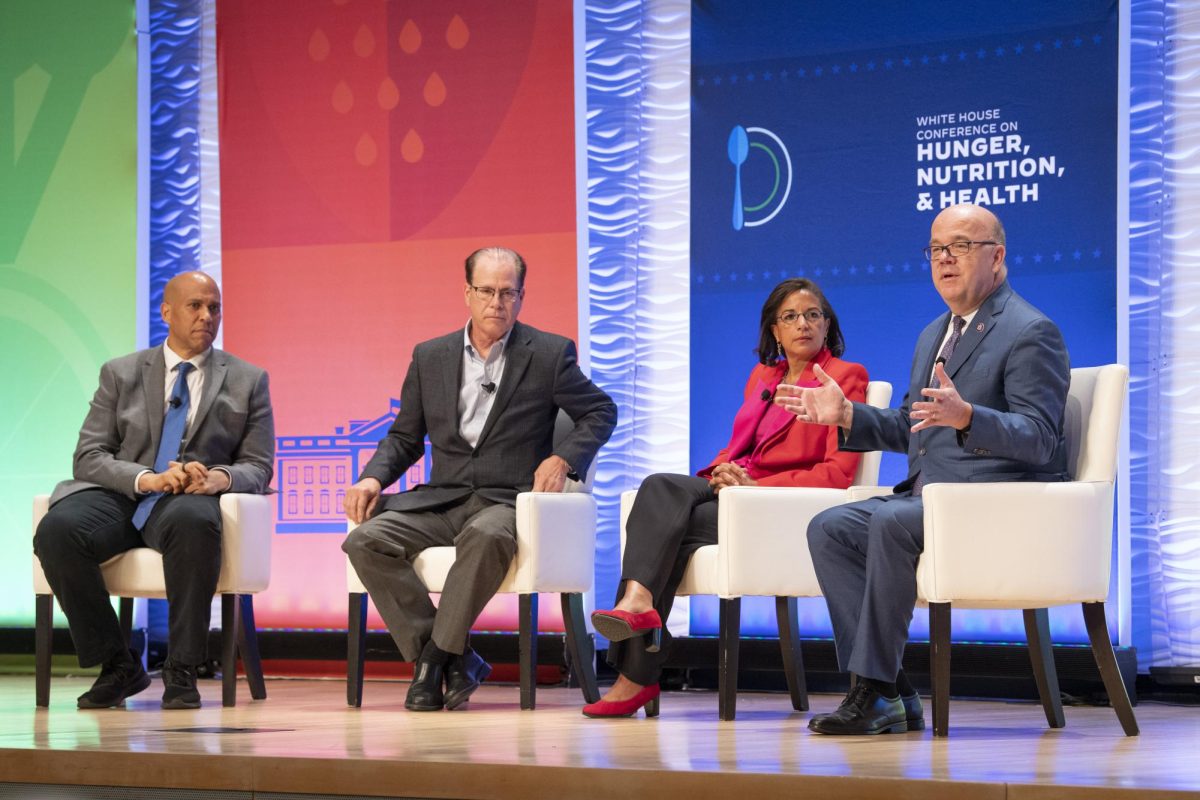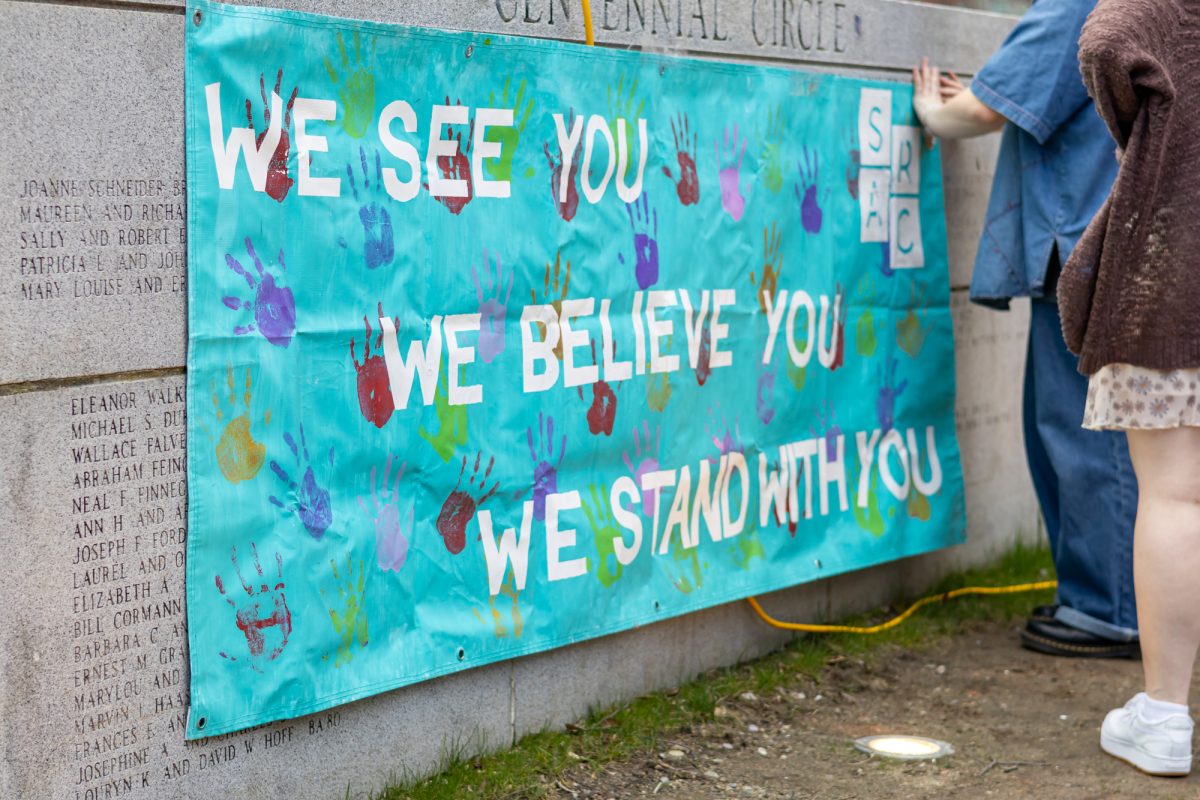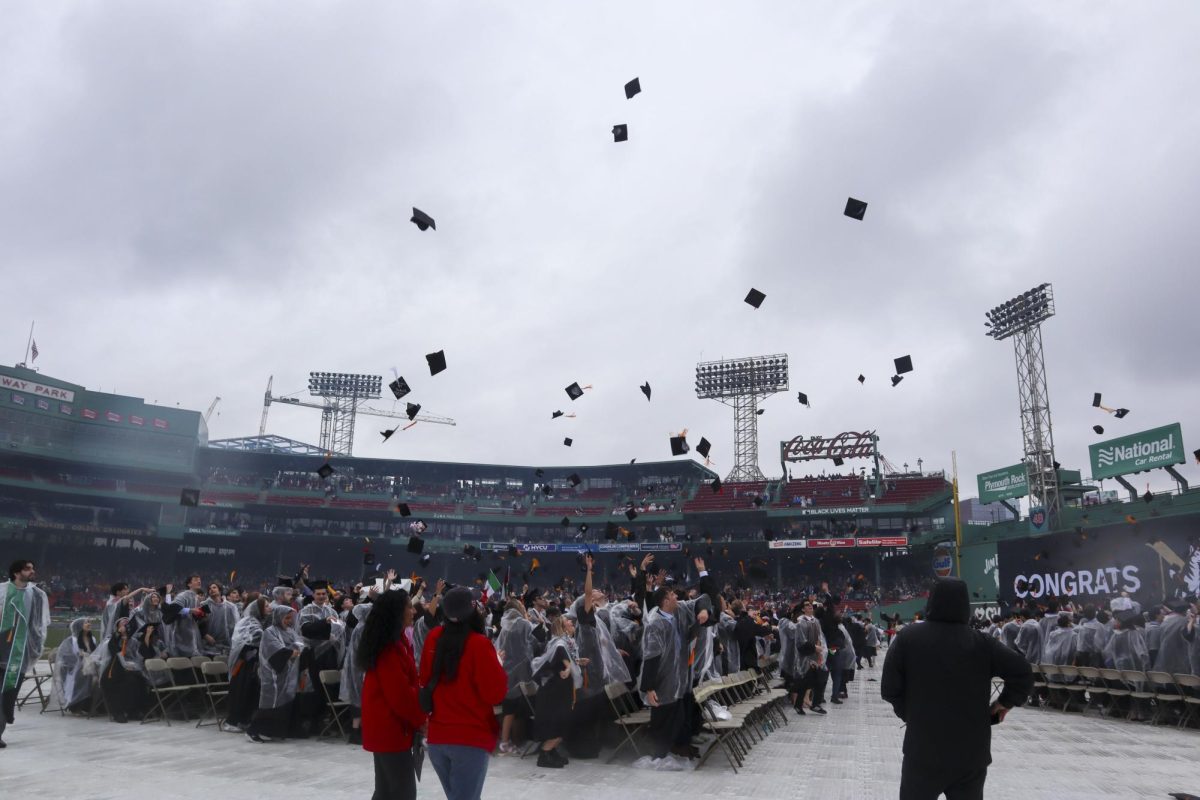By Amanda Hoover, news editor
Northeastern took first place for the fourth consecutive year in the 30th annual Model North Atlantic Treaty Organization (NATO) conference in Washington. The Husky delegations representing Germany and Croatia placed first and third, respectively.
During the four–day conferencefrom Feb. 12 to 15, 27 Northeastern students, who are also members of the International Relations Council (IRC),competed against teams from the US, Canada and Europe before being selected by their peers to win the competition. The IRC is a student organization that focuses on international affairs, foreign policy, diplomacy and debate.
“We have a model that works really well and our students help facilitate that model every single year,” Philip D’Agati, assistant academic specialist in the Political Science Department and advisor to the Northeastern Model NATO team, said. “That’s the secret to our success.”
Representing one of NATO’s 28 member states is a coveted position, and some universities have their teams on a waiting list in order to participate.
“Schools that don’t perform as highly as they want you to get dropped and they get replaced with another school,” Evan Bruning, a third-year international affairs and economics major and IRC president, said. “Northeastern’s been performing very well for the past couple of years, so we get invited back.”
At the conference, there are five subcommittees in which each delegation is represented: the Political Affairs Council, the Defense Planning Committee, the Nuclear Planning Committee, the Euro-Atlantic Partnership Council and the Committee on Emerging Security Challenges. The larger, overarching North Atlantic Council oversees the work of the subcommittees and votes on the policy drafted in each. On the last day of the conference, the North Atlantic Council reviews policies that were passed on the lower levels and issues a final vote on each policy.
“Everyone has to either vote yes or abstain on the document,” Bruning said. “If there’s a single no vote, it wrecks the entire thing. You have to really work with all other 27 countries who are there, besides yourself, to make sure they always abstain or vote yes on the document, which makes it really difficult in some cases.”
At the end, each team is given a ballot and must rank the the top five delegations of their peers.
“The idea is that if you basically create a positive impression or do enough work to help the committee pass certain documents, other countries will think highly of you and then they’ll vote for you,” Bruning said.
Northeastern has participated in Model NATO since 2010. This year, as in the three prior, one of Northeastern’s delegations had the majority of votes from other teams. Bridget Oliveira, a senior linguistics major and assistant head delegate for the Northeastern team, credits the team’s success to the distinct structure of the program and the extensive research students conduct prior to the conference.
“What we do best is prep the team with not only parliamentary procedure and how the conference is run, but also with [policy] research,” Oliveira said. “The way we’re structuring the team is to mentor younger students into the program. Everyone did really well and held their own.”
The program, which relies heavily on the mentorship component, allows students to take Model NATO at Northeastern for course credit or as an extracurricular activity.
“In a classroom environment we do a great job simulating the experience, but it is still internal,” D’Agati said.
When students travel, compete with one another and represent their university at the conference, they internalize both the information and the experience.
“By the end of it, you see this transformation,” D’Agati added.
D’Agati said that the program also provides mentorship other universities may not offer. Students who did well at this year’s conference will assist new students through the training process for the conference in 2016.
This year, Jane Rudy, a junior international affairs and political science major and head delegate of the team, took part in that mentoring process. In this role, she helped to prepare delegates and coordinating logistics for both the Germany and Croatia delegations.
In addition to studying the potential challenges and policy proposals within NATO, the leading delegates also prepare students with the practical knowledge of how to negotiate policy in a professional setting.
“There’s a lot of resentment sometimes from other teams,” Rudy said. “It’s hard to make a coalition of people within the conference by aligning on policy. I prepared people for not just the policy stuff, but how best to negotiate and compromise. We were able to pull together a team that is very legitimate in what a country’s policy is.”
When the Northeastern team received its country assignment last May, Rudy began researching German policy and working to structure the team. Rudy said that early preparation and the hours students dedicate to studying and preparing for the conference give the Northeastern delegations a competitive edge over opponents.
“Other schools have it as a hobby – we have it as a passion,” Rudy said. “It’s more than just studying and learning the motions to go through at NATO for us. It’s about really representing a country.”
Northeastern’s Model NATO team is made up of Bruning, Rudy, Oliveira, Andrew Kaz, Kathryn Larkin, Miranda Beggin, Matt Kokkinos, Zachary Badore, Ryan Miller, Merlinda Xharda, Joshua Bardwell, Brock Bergum, Muji Ali, Matt O’Brien, Arie Figgins, Jane Cassingham, Mohamed Al-Yousefy, Dylan Gibbs, Neiha Lasharie, Kat Boehm, Kyle Piepenbrink, Daniel O’Leary, Leyla Latypova, Ida Hatelbrekke, Jeremia Whall, Elise LeCrone and Stephanie Leahy.
Next on the agenda for the IRC is the Model Arab League conference in Washington, which selected members will attend from April 10 to 12.
Photo by Scotty Schenck


